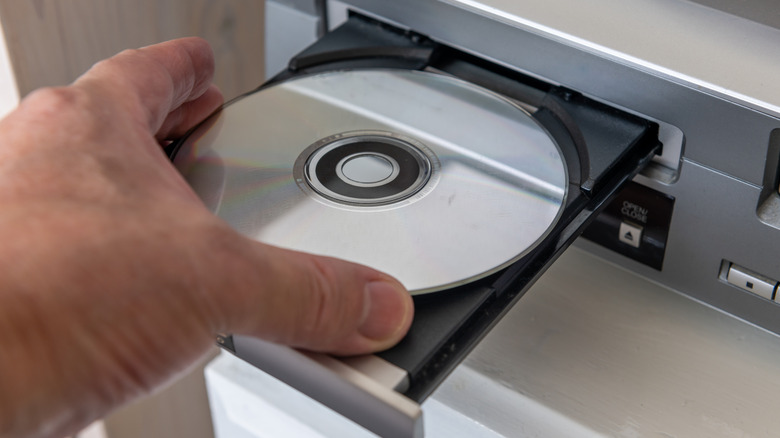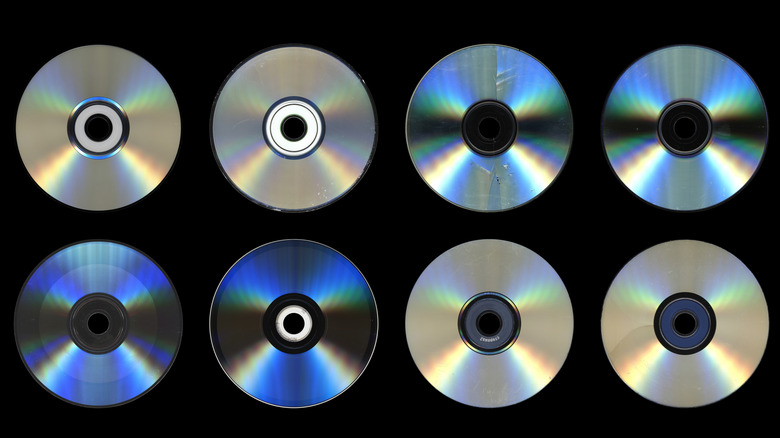Disc Drives Are Having A Resurgence - But What's The Reason Behind The Frenzy?
In this increasingly digital era, physical media has become a thing of the past in most circles. There is, however, sustained interest in such supposedly antiquated tech. Some examples of this include how floppy disks are still being used to this day, as well as the recent resurgence of disc drives. These used to be commonplace but have largely become outdated. Despite this, it seems that Japanese PC users in particular are seeking external optical drives to ensure they can continue to access physical media on their new Windows 11 PCs.
As reported by IT Media, demand for optical disc drives has increased significantly in Japan. Shops in Tokyo's Akihabara district have struggled to keep up with the demand as their inventory dwindles. This interesting quirk comes in the wake of the retirement of Windows 10. Microsoft ended support for the operating system in October 2025, leaving users no real choice but to switch to Windows 11. Unfortunately, Windows 11's hardware requirements, notably the need for a Trusted Platform Module, mean that not all older PCs are compatible. This has effectively forced many to buy new computers, which most likely don't have disc drives, creating a demand for brand-new disc drives.
While the loss of disc drives amid the transition from Windows 10 to Windows 11-capable hardware has likely impacted the demand for external drives to some extent, it's not the sole reason. The return to physical media has been ongoing for some time, egged on by multiple factors.
Windows 11 isn't the only thing popularizing disc drives
This sense of urgency to acquire physical disc drives is far from a recent phenomenon. One factor that has driven demand up is the fact that companies are moving on from it. In December 2024, LG announced that it would stop making Blu-ray players. Similarly, Pioneer announced it was leaving optical drives behind in May 2025. While many don't have much use for such tech, there are plenty of folks who still favor optical media. Thus, the prospect of no longer having access to the hardware might motivate enthusiasts to stock up while they still can.
Additionally, there's the matter of music and entertainment streaming, which has pushed many back to the physical media age out of financial necessity. Streaming platforms like HBO Max, Disney+, Spotify, and others are constantly raising their subscription fees, implementing account-sharing restrictions, and removing content, all while pushing ads. There's also the fact that paying for digital content doesn't actually equate to ownership.
Companies like Amazon have made it clear that these license purchases can be revoked at any time. Thus, it's not surprising if many feel motivated to stock up on the physical media they love, dust off their players or buy new ones, and leave digital streaming behind. The increased interest in disc drives and products like TVs with built-in DVD players shows that while physical media may not be king once again, it's definitely not dead yet.

